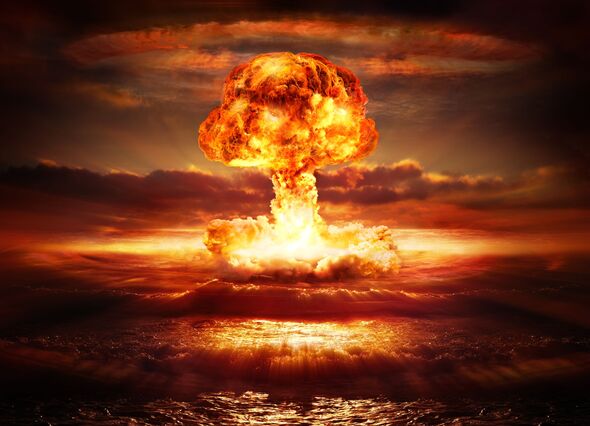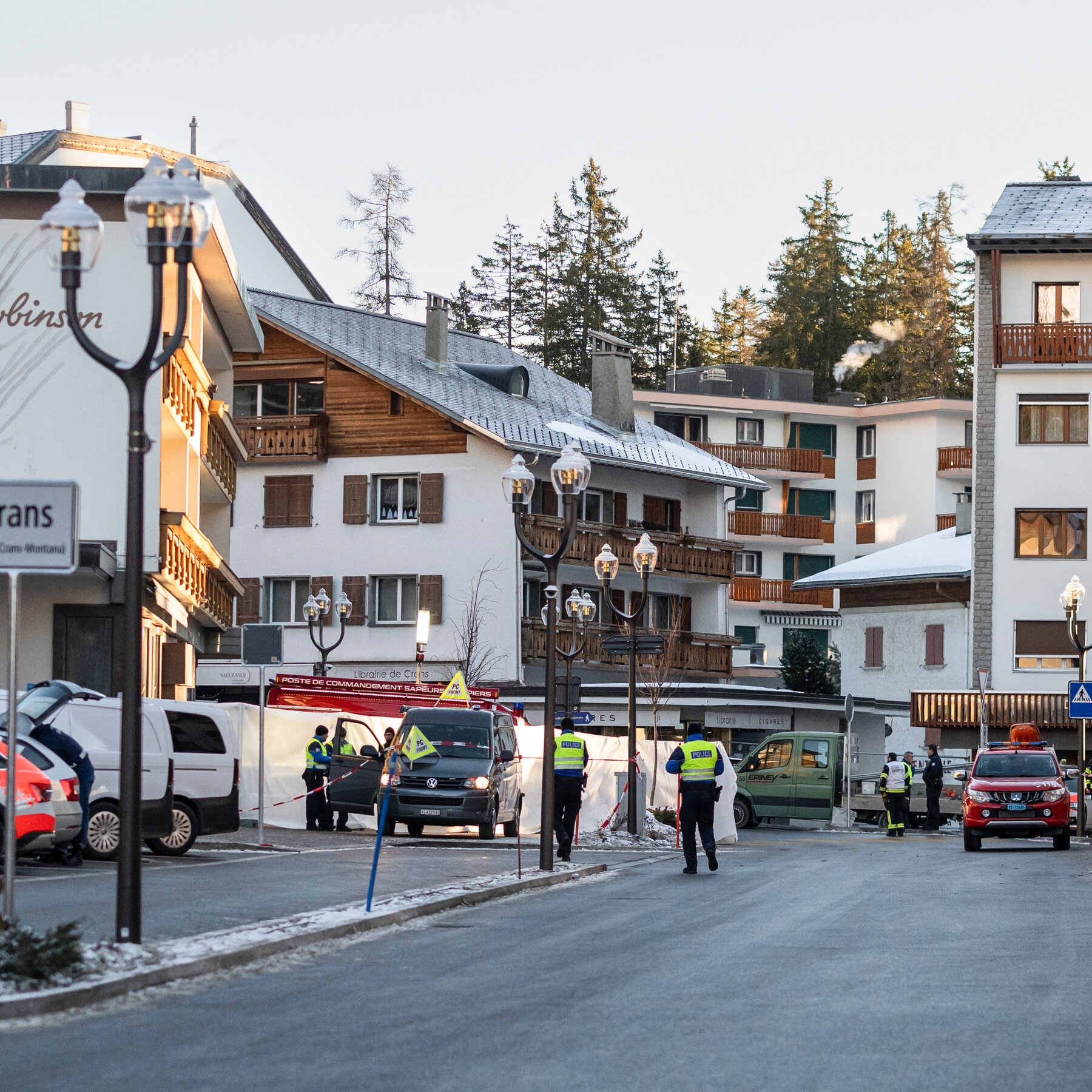Science
Bill Gates Urges Shift in Focus from Climate Change to Nuclear Threats

Billionaire philanthropist Bill Gates has shifted his perspective on what he believes poses the greatest threat to humanity. Ahead of the UN COP30 climate summit scheduled to take place in Brazil, Gates stated that the commonly held view of climate change as humanity’s downfall is misguided. In an open letter, the Microsoft founder, who has dedicated substantial resources from his $122 billion net worth to tackle climate change, expressed that he now views nuclear conflict as a more immediate danger.
While acknowledging that climate change will disproportionately impact vulnerable populations, Gates argued that the narrative of an impending doomsday from climate change is overstated. He wrote, “People will be able to live and thrive in most places on Earth for the foreseeable future.” Instead, Gates emphasized the urgent need to invest in global health initiatives, particularly vaccines to combat diseases such as malaria. He noted, “Every tenth of a degree of heating that we prevent is hugely beneficial because a stable climate makes it easier to improve people’s lives.”
Threats Beyond Climate Change
Gates is not alone in his assessment. Experts in the field of international relations, like Dr. Rhys Crilley from the University of Glasgow, emphasize that the risk of nuclear war could result in catastrophic consequences far more quickly than climate change. Dr. Crilley stated, “The key difference is time: climate change unfolds over decades; nuclear war could end civilization in the space of a few hours.” He pointed out that while climate change is a slow-burning crisis, the danger posed by nuclear weapons is immediate and existential.
Dr. Crilley further explained that the reality of nuclear conflict is exacerbated by increasing tensions among nuclear powers. “Nuclear weapon states are increasingly willing to use force to get what they want whilst threatening to use nuclear weapons,” he said. The risk of miscalculations and accidents remains high, and he highlighted that the absence of conflict during the Cold War was largely due to luck rather than robust safeguards.
Research indicates that even a limited nuclear exchange could have devastating effects on the planet. The detonation of nuclear weapons would create massive fires, sending clouds of ash and dust into the atmosphere. This phenomenon could block sunlight for years, leading to a drastic cooling of the Earth’s surface and potentially triggering a nuclear winter. According to studies, this scenario could cause global temperatures to drop by as much as 18°F for nearly a decade, resulting in the collapse of agricultural production worldwide.
Call to Action
Gates’s recent shift in focus calls for a reevaluation of priorities in global policy discussions. While he maintains that climate change remains a critical issue, he argues that it should be addressed alongside other pressing challenges, including health crises and geopolitical tensions. His letter serves as a reminder that while climate change is indeed urgent, the specter of nuclear conflict poses an immediate risk that cannot be ignored.
As discussions at the UN COP30 summit advance, the emphasis on collaborative efforts to mitigate both climate change and global health threats will be essential. The intersection of these issues underscores the complexity of the challenges facing humanity today and the need for a multifaceted approach to ensure a stable and secure future.
-

 Top Stories1 week ago
Top Stories1 week agoPiper Rockelle Shatters Record with $2.3M First Day on OnlyFans
-

 Top Stories4 days ago
Top Stories4 days agoMeta’s 2026 AI Policy Sparks Outrage Over Privacy Concerns
-

 Top Stories1 week ago
Top Stories1 week agoUrgent Update: Denver Fire Forces Mass Evacuations, 100+ Firefighters Battling Blaze
-

 Top Stories1 week ago
Top Stories1 week agoOnlyFans Creator Lily Phillips Reconnects with Faith in Rebaptism
-

 Entertainment4 days ago
Entertainment4 days agoTom Brady Signals Disinterest in Alix Earle Over Privacy Concerns
-

 Top Stories5 days ago
Top Stories5 days agoOregon Pilot and Three Niece Die in Arizona Helicopter Crash
-

 Sports4 days ago
Sports4 days agoLeon Goretzka Considers Barcelona Move as Transfer Window Approaches
-

 Health2 months ago
Health2 months agoTerry Bradshaw Updates Fans on Health After Absence from FOX NFL Sunday
-

 Top Stories2 days ago
Top Stories2 days agoCBS Officially Renames Yellowstone Spin-off to Marshals
-

 World1 week ago
World1 week agoTragedy in Crans-Montana: Fire Claims Lives of Holiday Revelers
-

 Sports2 days ago
Sports2 days agoSouth Carolina Faces Arkansas in Key Women’s Basketball Clash
-

 World1 week ago
World1 week agoFire Claims Lives at New Year’s Party in Swiss Ski Resort

